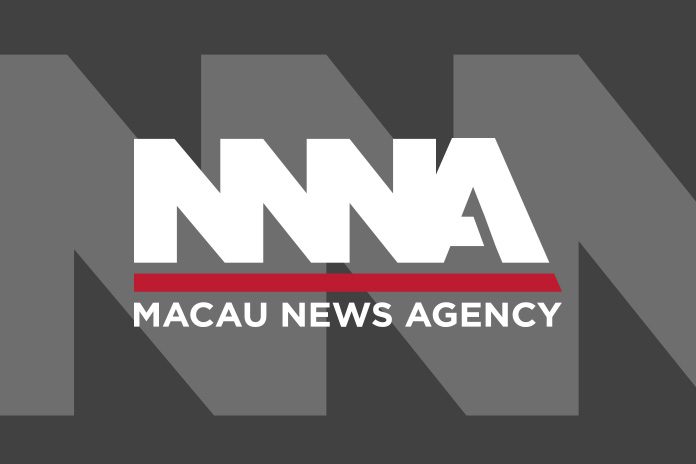Up to eleven countries could end up on a European Union blacklist of tax havens and potentially face sanctions for failing to bring their tax standards in line with the bloc, according to the latest draft of proposals.
The group of jurisdictions, outlined in a document obtained by Bloomberg, is set to be rubber stamped by EU finance ministers at a meeting in Brussels on Tuesday. It includes South Korea, Panama, Tunisia, and the United Arab Emirates, as well as Barbados, Cabo Verde, Grenada, Macao, the Marshall Islands, Palau, and St. Lucia.
The final list is the result of months of screening on dozens of countries and territories, and back-and-forths between the 28-country bloc and various jurisdictions around the world. It could still change depending on the ministers’ political decision.
It comes as the EU has stepped up its efforts in recent years to tackle tax avoidance and evasion around the world — plans that have received fresh impetus following leaks such as the recent Paradise papers, which exposed the scale of large-scale tax avoidance and fed public backlash against such practices.
Screening Process
Throughout the past year, experts from the bloc have been screening 92 jurisdictions to identify whether they met the EU’s standards for transparency or whether they engaged in harmful tax practices.
Some of these were deemed cooperative straight away while others, including Turkey, were spared inclusion on the list following multiple commitments to the EU about improving transparency and engaging in fairer competition. A European government official told reporters in Brussels last week that the fact that the final blacklist is much smaller than earlier drafts is a proof that EU pressure brings results, forcing countries to commit to tax transparency.
The European Commission — the EU’s executive arm — believes the threat of being on list itself can act as an incentive for countries to bring their tax systems in line with EU standards, for fear of being named and shamed. The countries which made commitments to tax transparency will be subject to monitoring over the EU coming year, while the bloc plans to be updating the list at least once a year.
But some countries, including France, have said that listed jurisdictions should also face some form of sanction. The ministers are also expected to discuss what kind of countermeasures they could apply at both an EU or national level, including the freezing of some EU funds.




















